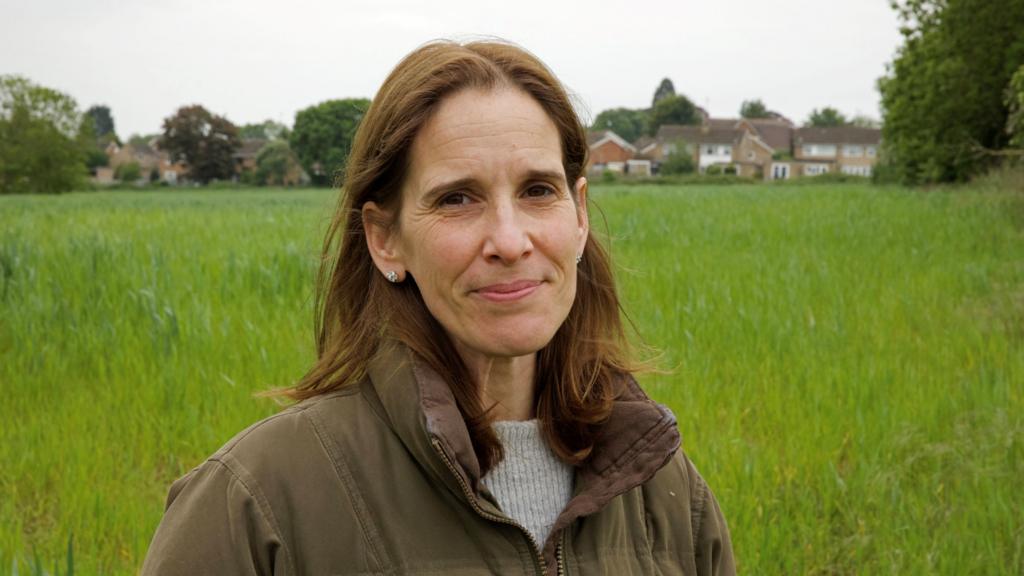Maids Moreton, a picturesque village near Buckingham, England, faces a critical dilemma. Planning permission has been granted for 153 new homes, a significant addition to its current 350 residences. However, the village’s sewage works have been operating at overcapacity for years, with no immediate upgrade planned.
This creates a stark choice: leave the new homes unoccupied until sewage upgrades are complete, or connect them, potentially exacerbating pollution in the nearby Great Ouse River while meeting Buckinghamshire Council’s housing targets.
Local resident Kate Pryke highlights the absurdity: “You wouldn’t build a house without electricity or road access, yet we’re building houses with no sewage treatment solution.”
Maids Moreton’s situation reflects a growing national issue. Aging sewage infrastructure, underinvestment, and widespread pollution threaten the government’s ambitious housing plans. In Oxford, sewage capacity concerns led the Environment Agency to object to new developments, impacting up to 18,000 homes. Upgrades to Oxford’s sewage treatment works have since been approved, allowing construction to resume from 2027.
Wildfish, an environmental charity, has launched a judicial review challenging Buckinghamshire Council’s decision. Justin Neal, Wildfish solicitor, argues that the case exposes the disconnect between housing plans and sewage capacity, stating the Maids Moreton development will likely discharge untreated sewage into the already polluted Great Ouse.
Responsibility for sewage investment lies with water companies, Ofwat, and the Environment Agency. Local councils and developers lack direct influence or funding control. Anglian Water acknowledged the Buckingham Water Recycling Centre’s capacity issues ten years ago, yet planning permission for around 1,500 homes has since been granted, hundreds already connected to the overloaded system.
The Great Ouse’s poor ecological status is partly attributed to sewage pollution. Last year, the Buckingham works released sewage for over 2,000 hours. Anglian Water denies this is capacity-related.
Despite local plan policies requiring developers to demonstrate adequate sewage capacity, the Maids Moreton developer, David Wilson Homes South Midlands (part of Barratt Redrow), successfully amended the planning condition, enabling construction to proceed.
Buckinghamshire Council asserts it follows rigorous planning processes, imposing conditions preventing occupation until sewage upgrades are complete. However, water companies are still obligated to connect homes to the network, regardless of capacity. The council and developer haven’t confirmed upgrade timelines or how long homes might remain vacant.
The government’s response highlights its commitment to efficient planning for development and water infrastructure through the Independent Water Commission. The Wildfish legal challenge, expected later this year, could halt the Maids Moreton development and significantly impact future housing projects. This situation underscores the conflict between ambitious growth targets and the urgent need for adequate sewage infrastructure.
Mr. Neal emphasizes that the issue isn’t about environmental obstruction, but about ensuring functional sewage systems. He advocates for improved infrastructure, not relaxed environmental regulations.

